The American Civil War was a significant event in United States history. It lasted from 1861 to 1865 and brought major changes to the nation. Understanding the causes and consequences of this conflict helps us see how it shaped America. This article will explore the key causes of the Civil War, major events during the conflict, and its lasting impacts
Background of the Civil War
In the years leading up to the Civil War, the United States was divided into two main regions: the North and the South. The North was industrialized and had a growing economy based on manufacturing. In contrast, the South was primarily agricultural and relied heavily on slave labor to grow crops like cotton and tobacco. These differences led to conflict over important issues, particularly slavery, states’ rights, and economic policies.

Main Causes
1. Slavery
Slavery was the most significant cause of the Civil War. The Southern states depended on slavery for their economy. They believed that their way of life was based on the use of enslaved people. The North, however, was becoming more anti-slavery. Many Northerners believed that slavery was morally wrong. As a result, they pushed for its end. This disagreement created deep divisions between the North and South.
Furthermore, the issue of slavery was not just a Southern concern. It was also a national issue. Many abolitionists in the North worked hard to end slavery. They spoke out against it, wrote books, and helped slaves escape through the Underground Railroad. These efforts angered many in the South, who felt that their rights and way of life were under attack.
2. States’ Rights
Another important cause was the issue of states’ rights. The Southern states believed that they had the right to govern themselves without interference from the federal government. They argued that the Constitution allowed states to make their own laws. This belief was especially strong in Southern states that wanted to maintain slavery.
On the other hand, the North believed in a stronger federal government. They thought that the federal government should have the power to enforce laws across all states. This disagreement over the balance of power between state and federal governments created more tension.
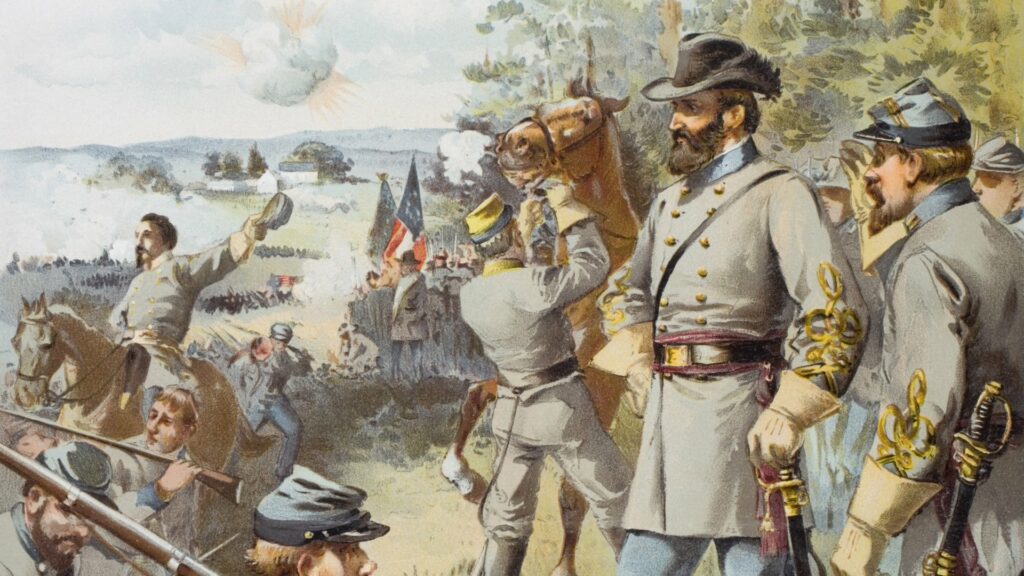
3. Economic Differences
The North and South had different economic systems, which contributed to the conflict. The North was becoming industrialized, with factories and a focus on manufacturing. This required a different workforce and economic policies. In contrast, the South remained agricultural and relied on slave labor to grow crops. Southern leaders wanted low tariffs on imported goods to keep prices down for their farmers. Meanwhile, the North favored higher tariffs to protect their industries from foreign competition. These economic differences created friction between the regions.
4. Westward Expansion
As the United States expanded westward, the question of whether new states would allow slavery became critical. The Missouri Compromise of 1820 attempted to balance the number of free and slave states. However, as new territories were acquired, conflicts arose over whether they would permit slavery.
Moreover, the Kansas-Nebraska Act of 1854 further complicated the issue. It allowed residents of new territories to decide for themselves whether to allow slavery. This led to violent conflicts known as “Bleeding Kansas,” highlighting the growing divide between North and South.
5. Lincoln’s Election
Finally, the election of Abraham Lincoln in 1860 was the final trigger for many Southern states. Lincoln was seen as an anti-slavery candidate. His victory meant that the South felt their rights and way of life were under threat. As a result, several Southern states seceded from the Union, leading to the formation of the Confederate States of America.
Key Events of the Civil War
1. Fort Sumter

The Civil War officially began on April 12, 1861, when Confederate forces attacked Fort Sumter in South Carolina. This marked the start of hostilities between the North and South. Lincoln responded by calling for troops to defend the Union, leading to more states joining the Confederacy.
2. Major Battles
The Civil War saw many significant battles. Key battles included the Battle of Gettysburg, the Battle of Antietam, and the Siege of Vicksburg. Each battle had a major impact on the outcome of the war.
- Battle of Gettysburg: This battle took place from July 1 to July 3, 1863. It was a turning point in the war. The Union victory ended General Lee’s invasion of the North and boosted Northern morale.
- Battle of Antietam: Fought on September 17, 1862, it was the bloodiest single day in American history. Although it ended in a draw, it gave Lincoln the opportunity to issue the Emancipation Proclamation.
- Siege of Vicksburg: This battle lasted from May 18 to July 4, 1863. The Union victory gave them control of the Mississippi River, cutting the Confederacy in half.
3. Emancipation Proclamation
On January 1, 1863, President Lincoln issued the Emancipation Proclamation. This declared that all slaves in Confederate-held territory were to be set free. Although it did not immediately free all enslaved people, it shifted the focus of the war to ending slavery. Moreover, it allowed African Americans to join the Union Army.
4. Surrender at Appomattox
The war came to an end on April 9, 1865, when General Robert E. Lee surrendered to General Ulysses S. Grant at Appomattox Court House. This marked the beginning of the end for the Confederacy. The Union emerged victorious, but the country was left to heal from the deep wounds of war.
Consequences of the Civil War
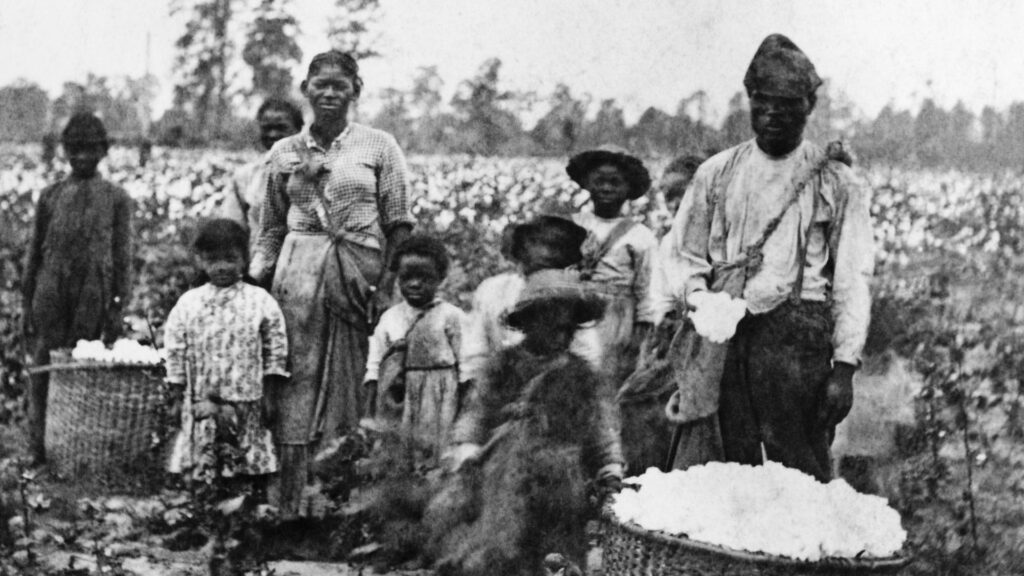
1. Abolition of Slavery
One of the most significant outcomes of the Civil War was the abolition of slavery. The 13th Amendment was ratified in December 1865, making slavery illegal throughout the United States. This was a monumental change in American society.
2. Reconstruction Era
After the war, the Reconstruction Era began. This period aimed to rebuild the South and integrate freed slaves into society. It brought new laws and amendments, including the 14th and 15th Amendments, which granted citizenship and voting rights to African Americans.
However, Reconstruction faced many challenges. Many white Southerners resisted changes and sought to maintain control over African Americans. This led to the rise of discriminatory laws, known as Jim Crow laws, which enforced racial segregation.
3. Stronger Federal Government
The Civil War resulted in a stronger federal government. The federal government took on a more active role in regulating states and ensuring civil rights. This laid the groundwork for future civil rights movements.
4. Economic Changes
The Civil War accelerated industrialization in the North. It also devastated the Southern economy. Many plantations were destroyed, and the South faced economic challenges in rebuilding. The war changed how Americans viewed economic development and labor.
5. Ongoing Racial Tensions
While the Civil War ended slavery, it did not resolve racial tensions. African Americans faced significant challenges in gaining equal rights. Discrimination persisted, and the fight for civil rights would continue for generations.
Conclusion
The American Civil War was a pivotal event that shaped the United States. Understanding its causes and consequences helps us learn about ongoing issues related to race, rights, and governance. The struggle for equality and the balance of power between state and federal governments continues to be relevant today. By studying the Civil War, we gain insights into America’s past and the ongoing fight for justice and equality. This history reminds us of the importance of understanding our differences and working toward a more inclusive future.

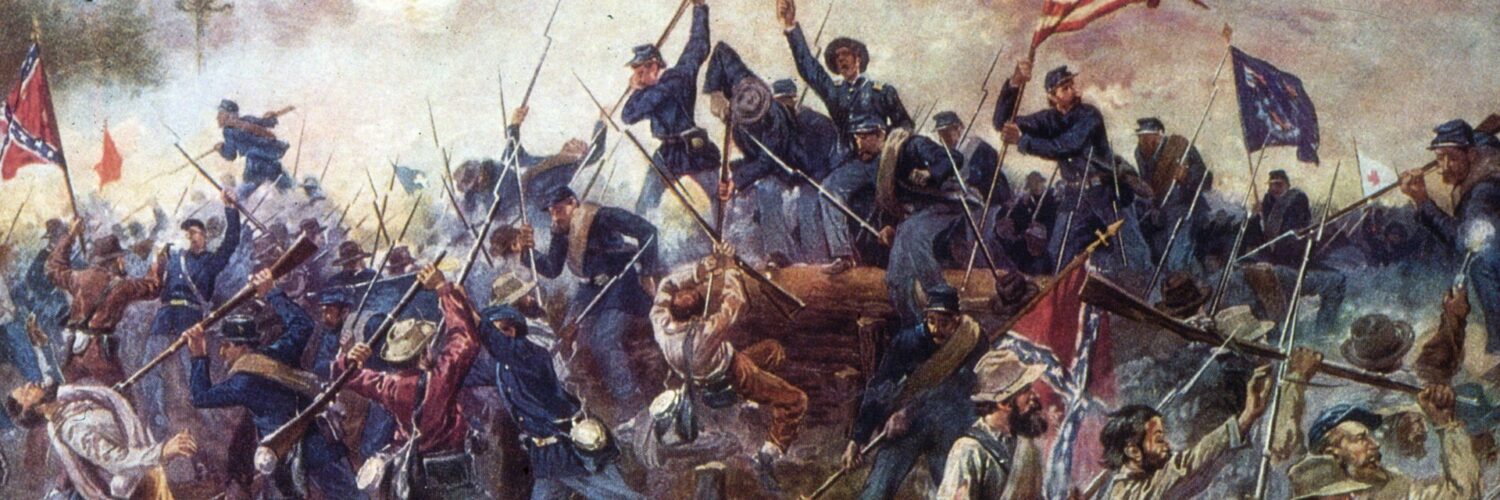

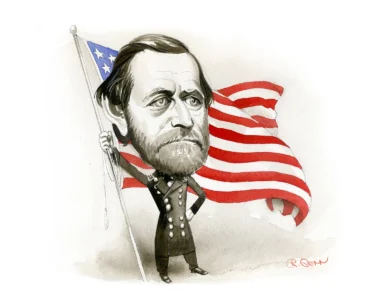
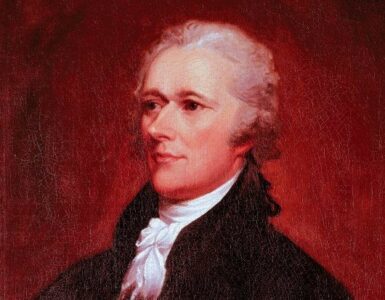
Add comment